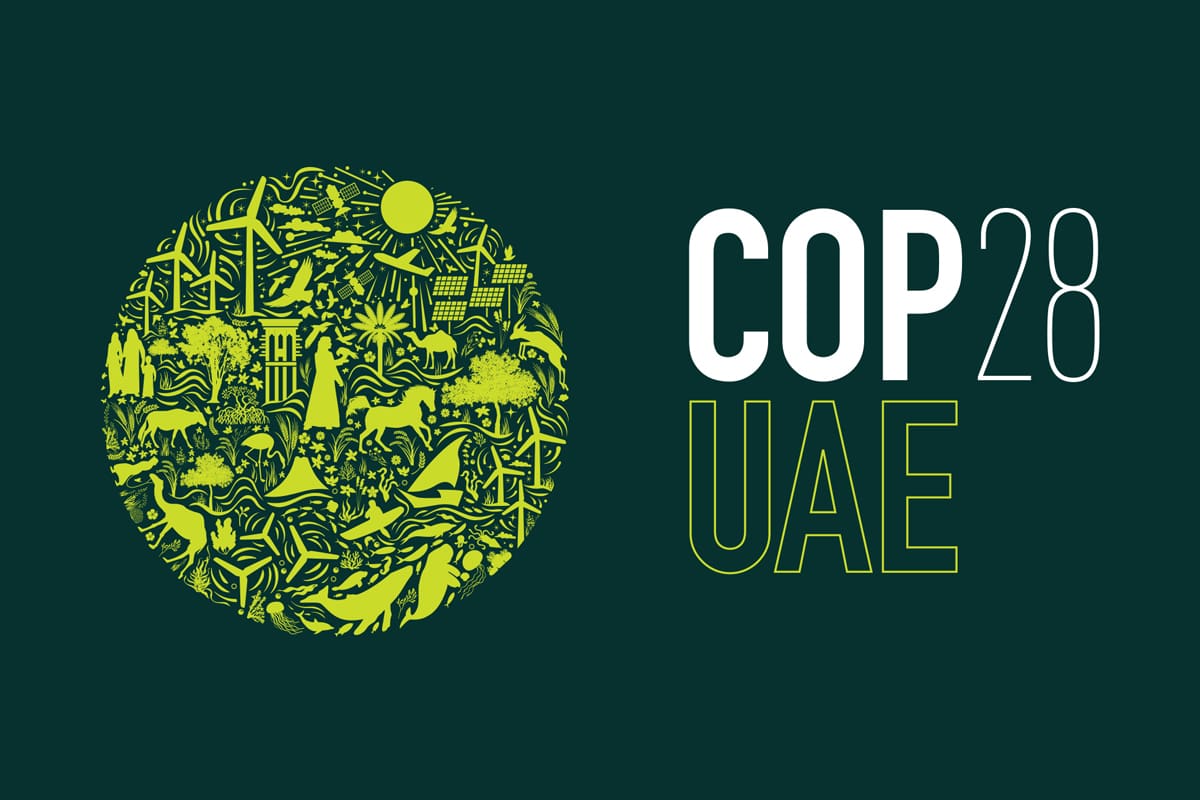WORLD leaders are set to descend on the oil producing powerhouse of Dubai this week to discuss and assess the impact of efforts to limit global warming.
 The summits, which started after the 2016 Paris accord, usually bring together leaders from about 120 countries and have been the start of some significant pieces of legislation – including the Global Methane Pledge and Australia’s plans to become net zero by 2050.
The summits, which started after the 2016 Paris accord, usually bring together leaders from about 120 countries and have been the start of some significant pieces of legislation – including the Global Methane Pledge and Australia’s plans to become net zero by 2050.
The Australian Government is this year sending over climate change and energy minister Chris Bowen.
If media reports are anything to go by, oil will be a significant part of the discussion with several reports the United Arab Emirates was taking the opportunity to discuss oil deals with about 15 countries. There has also been plenty of talk about scaling up renewable energy and phasing out fossil fuels.
Agriculture will take up a significant chunk of the program – with discussions about regenerating landscapes, reducing methane emissions and the Emirates Declaration, which is aiming to become a toolkit for sustainable agriculture.
In recent years, agriculture has been labelled the “missing piece of the climate puzzle” at COP and concerns have been raised about the summit pandering to the anti-livestock lobby.
The Irish Farmers Journal has raised concerns about this year’s conference doing the same.
 “The fact that grass is to Ireland what oil is to Saudi Arabia is neither understood nor appreciated,” it said in an article.
“The fact that grass is to Ireland what oil is to Saudi Arabia is neither understood nor appreciated,” it said in an article.
The anti-livestock lobby has been making no secret of its interest in the conference, releasing guides on greenwashing terms the livestock industry may use and pushing the organisers to increase the share of plant-based foods on its menu.
Global Roundtable for Sustainable Beef executive director Ruaraidh Petre said he was going to banging to drum for livestock.
“Livestock production is a key part of the overall food system, as important for human nutrition as it is to maintain healthy soils for crop production, we need to help policymakers understand the need for holistic solutions, not just one-liners and simplistic approaches to complex issues.”
Legislating livestock proving difficult for Governments
While many of the discussions have led to countries legislating plans to reduce livestock numbers in recent years, actually implementing them has been difficult.
The Netherlands drew large-scale protests when it planned to shut down up to 3000 farms in a bid to cut its nitrogen emissions. Since then, a farmer-led party has gained the majority in the upper house and far right politician Geert Wilders has become the prime minister, which is said to have an impact on climate legislation.
New Zealand has also been an example after it planned to introduce a “burp tax” by 2025. It saw significant protests and new government elected with plans to push the deadline back and hold further discussions about implementing them.
Focus on adaptation to climate
This year’s event will centre around a “global stocktake” on how the world is tracking on reducing global warming to 1.5 degrees.
It has come up with more than a dozen key findings, with the first one being the recognition that climate action is happening across the world.
Adaptation is a key word throughout the document, a discussion Mr Petre said he was keen to be part of.
“Producers are on the front line of climate change and are heavily invested in finding solutions for both adaptation and doing their bit for mitigation,” he said.
Will COP 28 see a move away from “one size fits all” policies?
National Farmers’ Federation president David Jochinke is leading the Cairns Group of farm leaders from 14 different countries – with a call to move away from sustainability-related trade barriers.
The leaders have launched a joint statement highlighting that “sustainability conditions on trade and market access lack understanding and appreciation of unique local agricultural contexts. There is no ‘one size fits all approach’ to sustainability.”
The global stocktake agrees, with one of key findings stating “when adaptation is informed and driven by local contexts, populations and priorities, both the adequacy and the effectiveness of adaptation action and support are enhanced, and this can also promote transformational adaptation.”



HAVE YOUR SAY